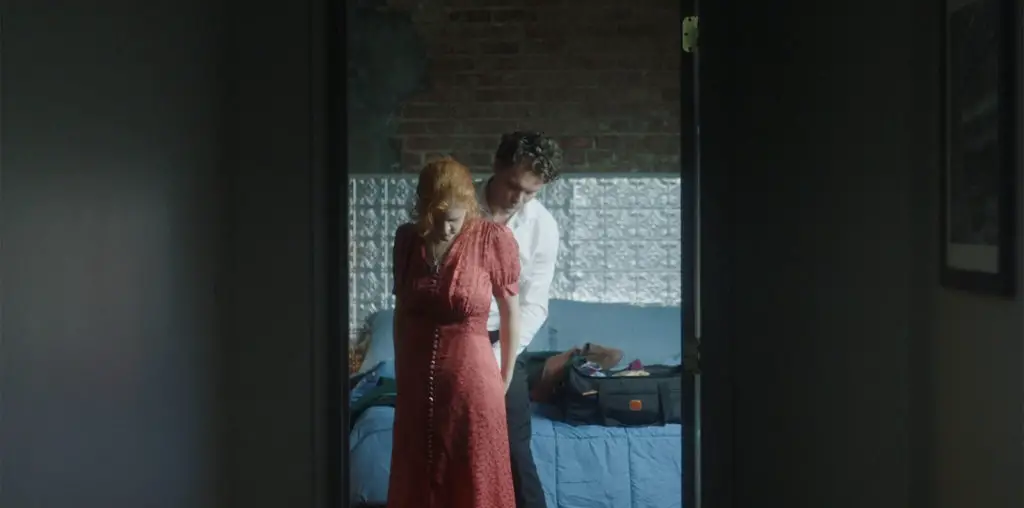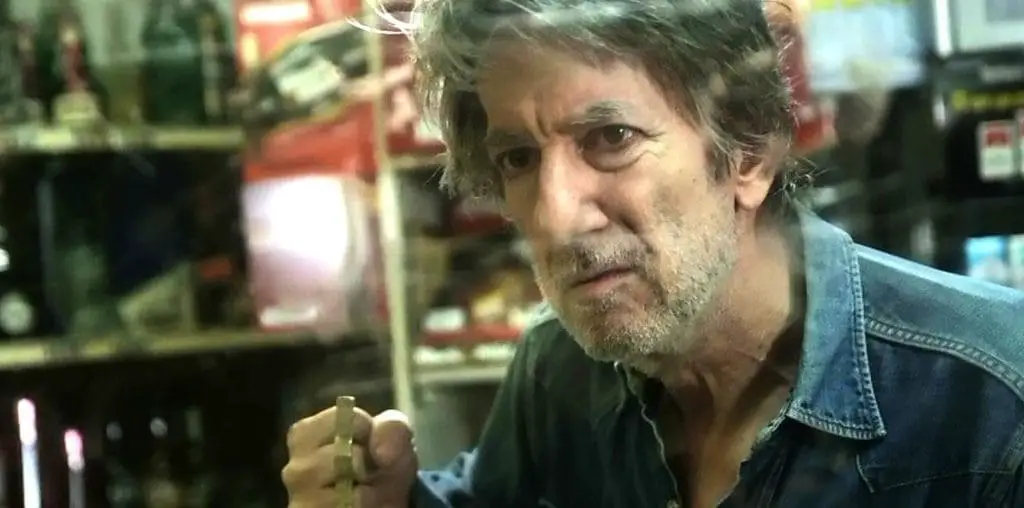
If you’re old like me, you probably went to summer camp as a teenager. You probably remember nights of hooking up, getting drunk, or in my case Bible study, and recalling all the fond memories sitting around a campfire. Valerie Soe’s Love Boat: Taiwan, reveals to the world a special kind of summer camp subsidized by the Taiwanese government and attended by almost 1,000 students at the height of its popularity.
They called it the Chinese diaspora. A time in history of mass emigration from China and surrounding countries, including Taiwan. Families left China hoping for a better life heading to nearby Southeast Asian countries, the Americas, and even Europe. The fear amongst these parents is that as their children were being raised overseas, they would slowly lose their Asian roots. This was especially true in Taiwan—a country which has always been at odds with Mainland China over its independence.

“…where Chinese and Taiwanese youth would come to Taiwan and learn about their origins, cultures, and form long-lasting bonds of friendship.”
Seeing the importance of maintaining one’s culture, in the 1960s Taiwan created a summer study tour and invited and subsidized a month-long program where Chinese and Taiwanese youth would come to Taiwan and learn about their origins, cultures, and form long-lasting bonds of friendship. The program consisted of a few hours of Taiwanese cultural education (history, language, etc.) and then field trips throughout the country.
In Love Boat: Taiwan, director Valerie Soe gives us a pretty broad overview of the program, its history, and offers testimony from some of its more famous participants like artist Kristina Wong, and congresswoman Judy Chu. She covers the early years when the program was part education and part propaganda impressing upon its students Taiwan’s independent status from China.
During the late 90s and early 2000s, the program reached the heights of its popularity, gathering almost 1,000 teens from around the world became problematic with kids drinking, partying, exploring one another. It became a massive Government-run version of spring break and firmly solidified its worldwide reputation as the “Love Boat.”

“…gathering almost 1,000 teens from around the world became problematic with kids drinking, partying, exploring one another.”
Soe ends with where the program stands today after the government decided to stop funding it. She grabs her camera and follows a young man name Matthew Pi as he goes through the program.
Documentaries attempt to appeal to mainly three groups of audiences. People immediately connected to the subject, people interested in the topic and everyone else who likes documentaries in general. While I found the contents of the documentary fascinating and loaded with hilarious moments, I still felt like I was watching summer camp videos that my friend desperately wanted me to watch. Of course, they would shove their cellphone in my face, thinking I was interested in watching it in the first place.
Love Boat: Taiwan is fun to watch, simply because I’m fascinated by other people’s stories. The doc is filled with fond memories, not-so-fond memories, wacky antics, and crazy video from various trips. The reality is, if this subject matter interests you, you’ll have a good time. It’s fair to say, the film is more educational than inspirational.
Love Boat: Taiwan (2019) Directed by Valarie Soe. Love Boat: Taiwan screened at the 2019 Los Angeles Asian Pacific Film Festival.
7 out of 10 stars


